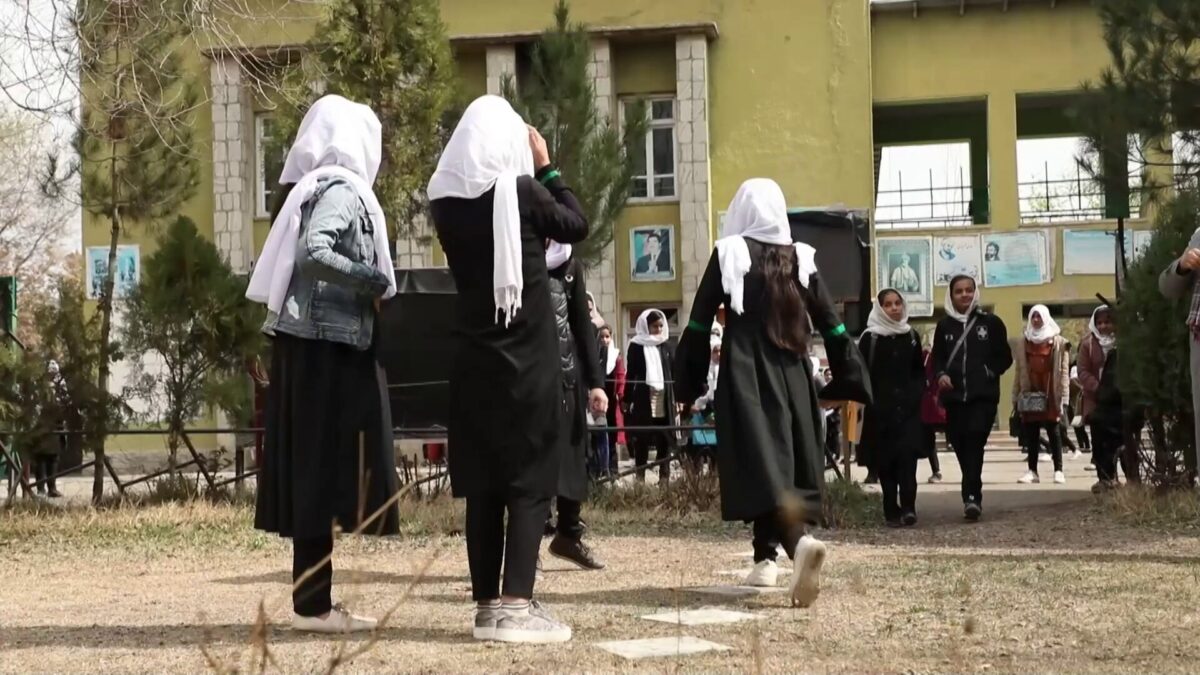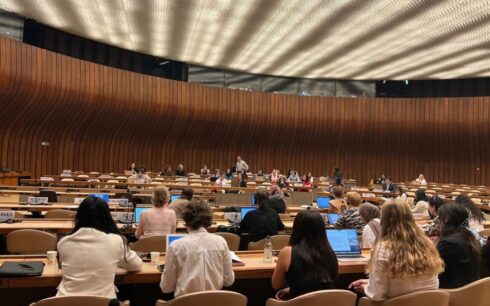The Taliban’s prohibition on women’s education in schools and universities is driving a significant increase in forced marriages among young Afghan women.
Many female students attribute the rise in coerced marriages directly to the Taliban’s educational restrictions and school closures.
A report highlights the story of Amu, a 10th-grade student compelled into marriage by her family due to the ban.
The pattern of adverse effects stemming from the denial of girls’ education is expanding. Forced marriage is a prominent consequence, as seen in the case of Fatima. A 10th-grader when the Taliban cut off her educational opportunities, she was subsequently pressured by her family to marry an older man.
Fatima expressed feeling trapped, with “all doors closed” leading to her reluctant acceptance of the marriage.
Many female students hold the Taliban responsible for their forced marriages, citing the severe impact on their lives due to the lack of educational opportunities.
Psychologists note a rise in mental health issues since the Taliban’s return to power and subsequent school closures for girls. The majority of these cases involve girls confined to their homes.
To mitigate these mental health concerns, families are increasingly marrying off their daughters, psychologists say.
The U.S. Special Inspector General for Afghanistan Reconstruction (SIGAR) reported that forced marriages in Afghanistan are a growing concern. According to SIGAR data, 35% of Afghan girls are expected to be forced into marriage before the age of 17 or 18, post-2021.





